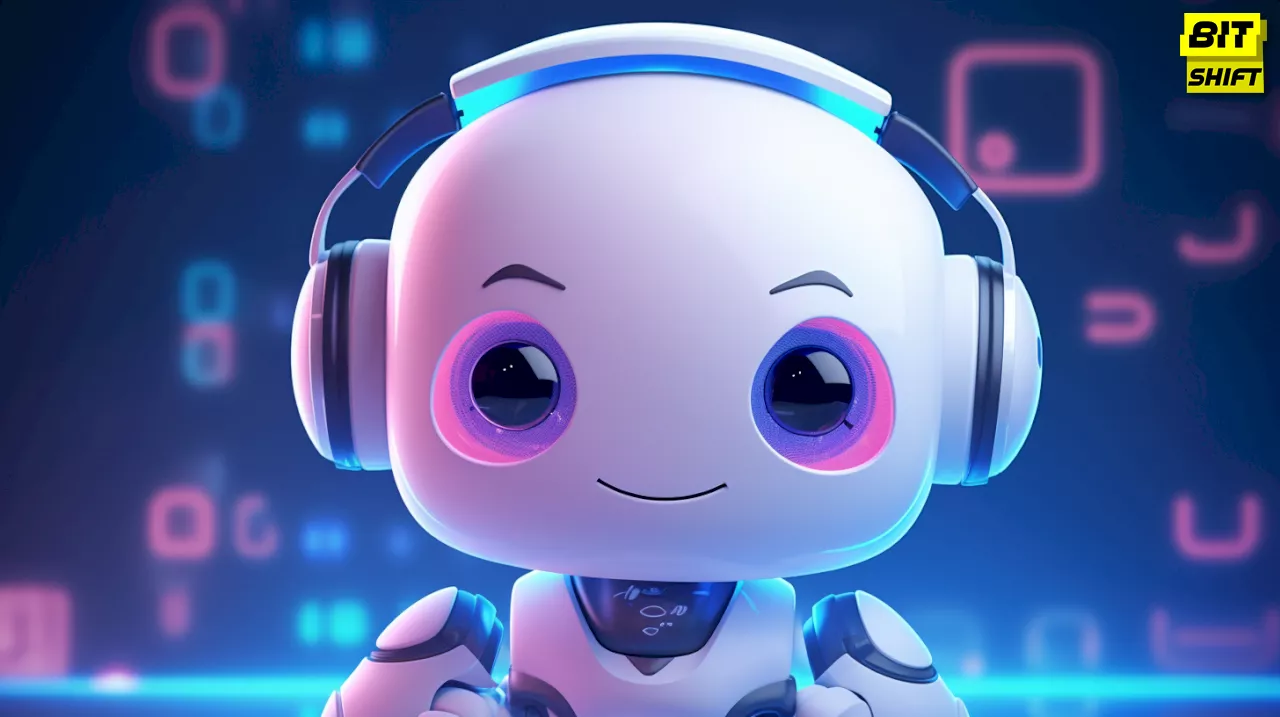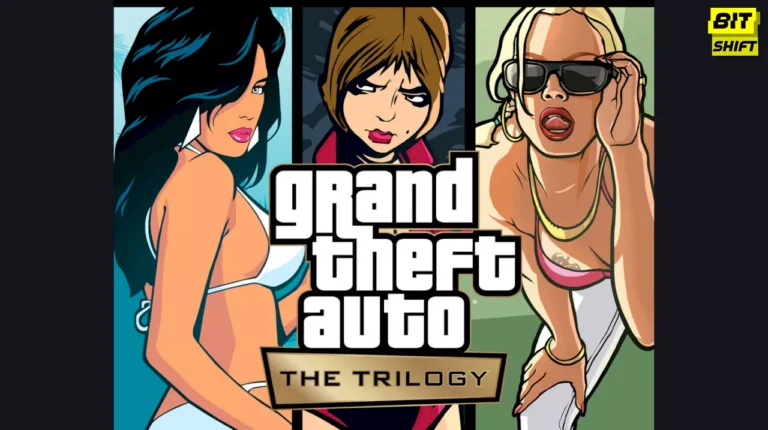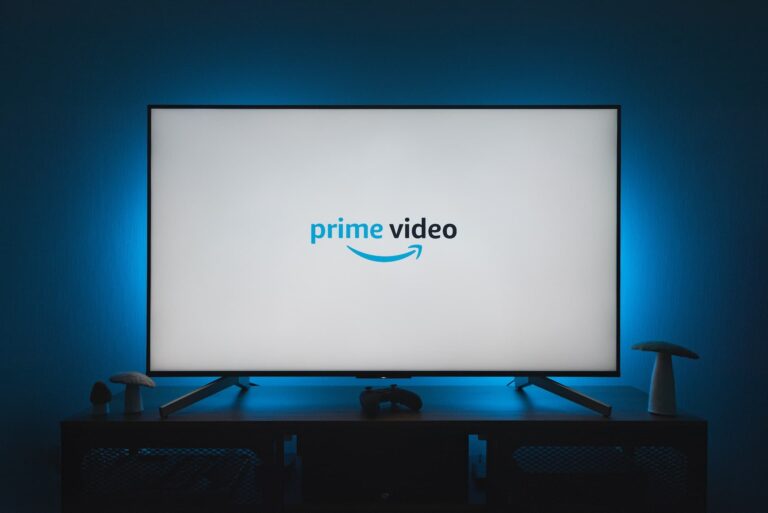
Summary
Bing Chat, powered by ChatGPT, is reportedly planning to offer users an offline chatbot mode, potentially becoming a full competitor to ChatGPT. While some tests have shown promising results, there are concerns about the accuracy of the chatbot’s responses, which might be compromised without the search engine capabilities. This article delves into this development, the implications for users, and the future of AI.
Microsoft’s Bing Chat is reportedly preparing to introduce an offline mode, allowing users to use it as a standalone chatbot similar to ChatGPT. While ChatGPT already powers Bing Chat, this is an intriguing development that suggests Microsoft is looking for ways to diversify and enhance its AI offerings.
“The art of progress is to preserve order amid change, and to preserve change amid order.” — Alfred North Whitehead.
Testing the New Mode
Tech news site Windows Latest recently evaluated this new mode and claimed it performs on par with OpenAI’s flagship AI model. They found that responses were generated faster when the search integration was disabled. However, there were also inconsistencies in the quality of the information provided by the AI, with some responses being outdated or inaccurate.
For instance, when asked about the latest version of Windows 11, Bing Chat incorrectly provided the answer as version 21H2 when it’s version 23H2. This inconsistency was also evident when the chatbot was queried about recent geopolitical events, where it demonstrated up-to-date knowledge.
The Training Data Conundrum
This observation has led to speculations that Bing Chat’s offline mode is being trained with recent data. OpenAI typically introduces its models with enormous amounts of data, but the information is static up to a specific date. For instance, the knowledge base of GPT 3.5 Turbo ends in September 2021. The fact that Bing Chat was aware of events occurring after this date suggests that Microsoft may be integrating different AIs or updating the training data more frequently.
Performance Improvements and User Preferences
Under normal circumstances, Bing Chat uses internet searches to provide accurate responses. However, there seems to be a growing demand for a speedier chatbot, leading Microsoft to develop the “no search mode.” The aim is to make Bing Chat more efficient and responsive, even if it means sacrificing the search engine capabilities.
The timeline for the official launch of this “offline mode” remains unknown, as does the number of users who will gain initial access. The new feature is expected to be rolled out to a select group of users first as part of a new plugin called Search, which, when disabled, turns off the search engine.
Third-Party Plugin Support
In addition to the offline mode, Microsoft also demonstrates support for third-party plugins in Bing Chat to enrich user interaction. For instance, a plugin for the popular reservation app OpenTable is planned, enabling Bing Chat to provide restaurant recommendations. Other commerce plugins like Instacart are also mentioned, though their specific functionalities remain undefined.
A Step Back or Forward?
Despite these new features, some critics argue that removing the search engine capability from Bing Chat might make it less competitive than ChatGPT. They say users would be less likely to prefer a less accurate service, suggesting that convenience and familiarity might only retain users for a short while.
Nonetheless, the development should be viewed in light of the broader AI landscape, where a trend toward creating models with higher accuracy and better performance exists. Whether this offline mode will be a step back or forward for Microsoft remains to be seen.
As the AI community awaits the launch of Bing Chat’s offline mode, it’s worth keeping an eye on Microsoft’s upcoming Ignite event, where it’s expected to reveal “what’s next in AI technology.”
Share the Article by the Short Url:





